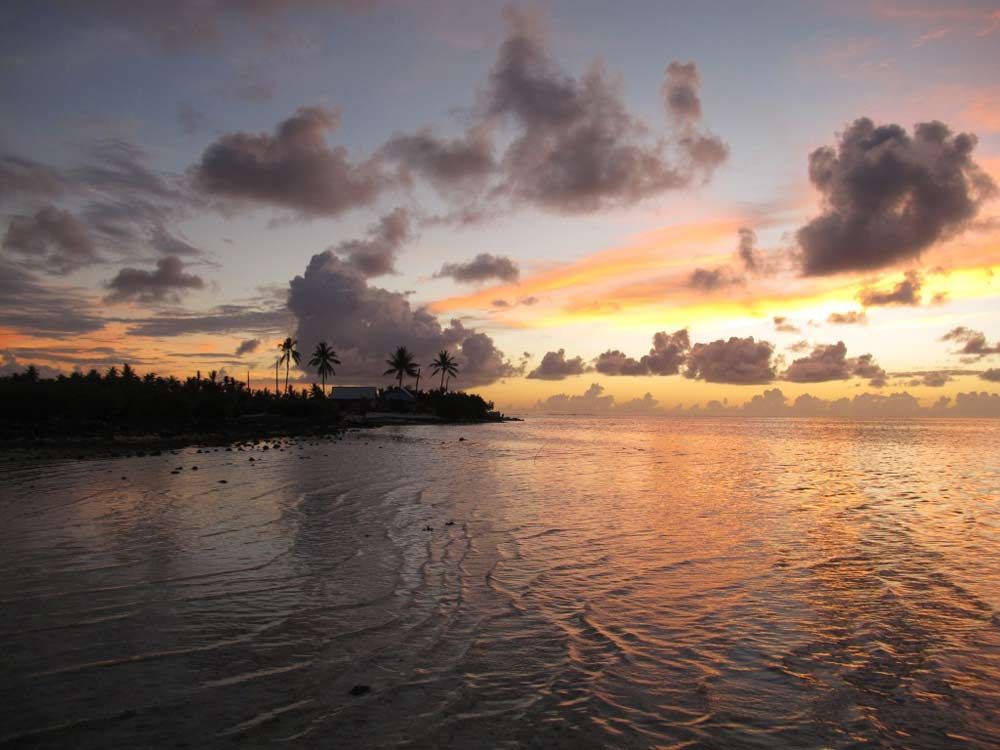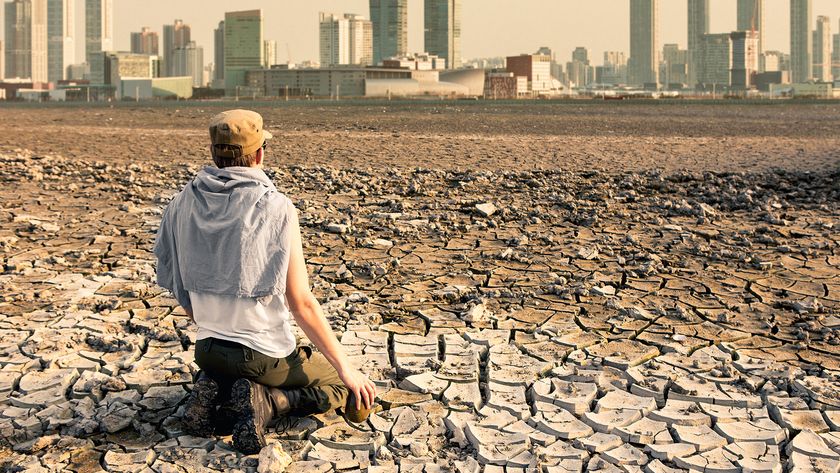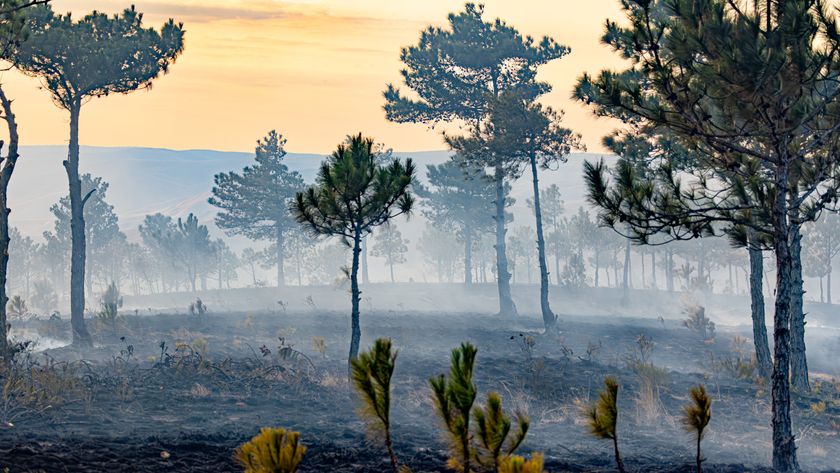
Kiribati Man Presses Case as Climate Refugee

The remote, low-lying Pacific island nation of Kiribati is one of the places that stands to be most impacted by climate change, as rising seas eat away at the land. One man from the island group is pressing his case in New Zealand that this threat makes him a climate refugee, asking New Zealand's authorities to grant him permission to stay.
The man and his wife arrived from his impoverished home country six years ago, The Associated Press reports, and all three of their children have been born in New Zealand. The man, who goes unnamed, says that large tides called king tides have increasingly washed over Kiribati's defenses, and that he and his family have no future there. Immigration authorities have twice rejected his claims of refugee status, arguing that such a status applies only to those suffering direct human persecution for reasons such as religion or political activities. The case will be argued in front of New Zealand's High Court on Oct. 16.
Kiribati meanwhile is making plans for future climate change and the possible inundation of the country by training its residents in skills that could be useful should they have to move elsewhere. The country has also purchased land in nearby Fiji that could serve as a future refuge, and is in talks with a company in Japan to construct a floating island, the AP reported.
The most recent Intergovernmental Panel on Climate Change report, released last week, projects that sea levels could rise by 3 feet (1 meter) by 2100. Most of Kiribati sits only about 20 feet (6 meters) above sea level, according to the government's tourism website.
Sign up for the Live Science daily newsletter now
Get the world’s most fascinating discoveries delivered straight to your inbox.

Andrea Thompson is an associate editor at Scientific American, where she covers sustainability, energy and the environment. Prior to that, she was a senior writer covering climate science at Climate Central and a reporter and editor at Live Science, where she primarily covered Earth science and the environment. She holds a graduate degree in science health and environmental reporting from New York University, as well as a bachelor of science and and masters of science in atmospheric chemistry from the Georgia Institute of Technology.











